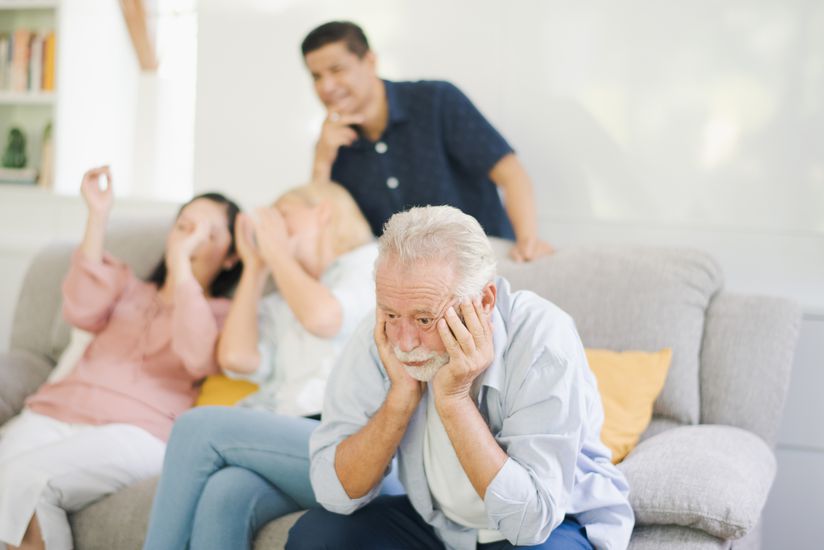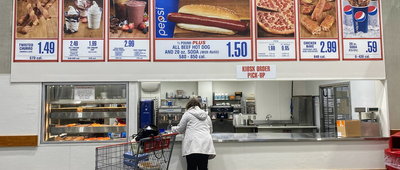The Daily Grind
The so-called golden years can be filled with frustrating issues, from the simple to the complex. Despite each human being's uniqueness, there are some common challenges that those who reach an advanced age experience. Thankfully, one sensory challenge just got a little easier to manage after a ruling by the Food and Drug Administration that promises to make one medical device cheaper and more easily available.





































